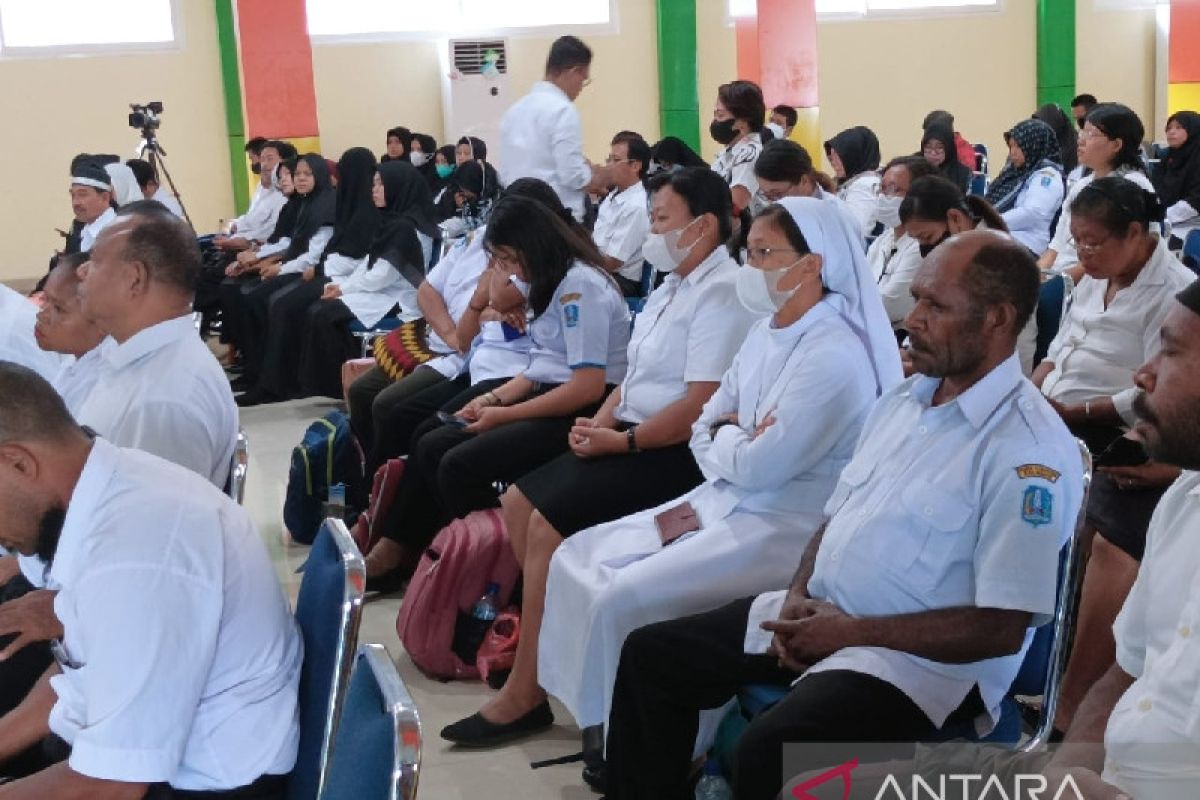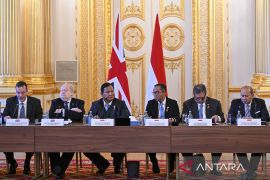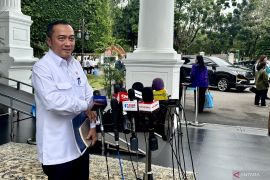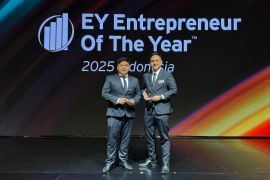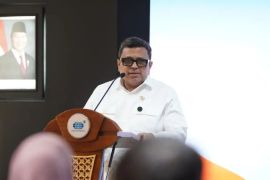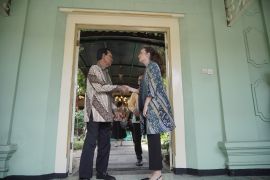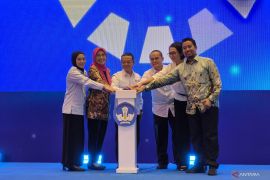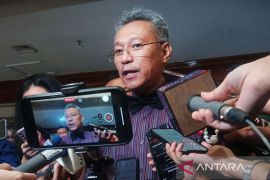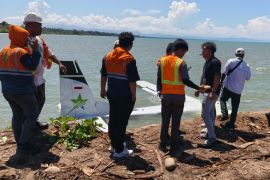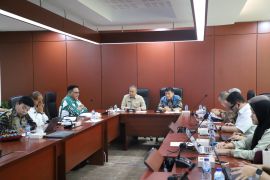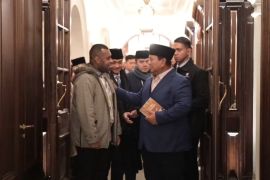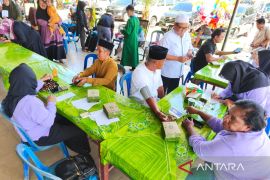Considering the importance of education to build qualified human resources, Papua is striving to find an education model that aligns with its conditions and the character of the local population.
As compared to other regions in Indonesia, Papua has to deal with its own fair share of challenges. The area and population distribution pose some problems that must be addressed by local governments, educators, education providers, and the community.
Obstacles in providing education services in the frontier, outermost, and disadvantaged (3T) areas, such as Papua Province, are the unequal distribution of schools, from early childhood to high school.
As a result, several school-age children and teenagers in rural and remote areas face difficulties in accessing education after they complete their education in primary school.
Similar difficulties are encountered by several students, who have completed junior high school education in remote areas. They also face difficulties to continue to the high school level.
In addition, there is a shortage of teachers at schools in 29 districts and cities in Papua. Moreover, schools face the problem of unequal distribution of teachers and limited quality of infrastructure. Some schools also face difficulties in building facilities according to the national education standards.
In fact, the availability of adequate teachers and educational facilities is the key to improving the quality of human resources in future.
Related news: Gov't disburses Rp214 bln in fuel cash assistance in West Papua
Changing the thinking paradigm
According to the founder of the Indonesian Fun School Movement (GSM), Muhammad Nur Rizal, teachers play the most important role in changing the paradigm of thinking of the children in Papua. To draw children's interest in learning, teachers must be able to foster a learning culture that is critical, creative, independent, and fun.
“GSM is suitable to be developed in 3T areas in Papua Province. The movement is able to change the thinking paradigm of the children regarding the importance of education,” Rizal stated.
For the development of 3T regional education in Papua, GSM offers four principles in the model of children's education.
The first principle is to build a positive learning environment physically and socially, while in the second principle, the pedagogical practice aspects are prioritizing learning models that encourage students to explore, reflect, and think critically.
The third principle entails character development that helps to develop the students' character, both through the environment and learning models, while the fourth is school connectedness to encourage the involvement of all parties, especially parents and the community, to ensure success of the education process.
GSM is suitable to be developed in schools in the 3T Papua region, as the four principles will ensure that children will have space for physical activity, interaction, and mutual respect in learning activities. Hence, students are confident to understand everyday life in the surrounding environment.
GSM is a movement of change from the grassroots level along with teachers and the community to transform schools into ideal places for students.
The movement aims to promote and build awareness of teachers, principals, and education policy makers to build schools as fun places for children to learn.
Related news: Papua to provide Rp10 billion grant for three new provinces
The GSM concept, which is also applied by the Supiori Education Service in Papua, is expected to be a new alternative to improve the quality of children's education in the 3T area of this region.
"Realizing the educational goals of indigenous Papuan children, who are smart and healthy, requires the support of parents and the surrounding environment," Head of the Teacher Working Group for West Supiori Sub-district, Supiori District, Micha Rumanasen, noted.
The learning model that can be implemented for the 3T area is the implementation of education that accommodates the diversity of local and cultural environmental conditions.
The management of education services in the 3T area should be able to make better arrangements, including by providing qualified educational services to support the teaching and learning process of children.
Through support of the government, teachers, and parents, children in the 3T area can access qualified education services to fulfill their needs.
Serious attention from all parties, including parents, local governments, and local indigenous community leaders, is deemed necessary to ensure children’s education services in the 3T area are a success.
Education services must be available from the lowest educational institution of Early Childhood Education (PAUD) to high school or vocational school in the 3T area.
The preparation of educational supporting facilities, including the adequacy of teachers, student reading books, school libraries, and comfortable study buildings, are also needed to realize the goal.
Related news: Papua launches healthy schools
Teacher distribution
Involving all parties in the implementation of education is one of the effective policies to ensure the continuity of the learning process.
A teacher in the 3T area, who is also the Principal of YPK Samber Elementary School in Biak, Hosea Mansnembra, emphasized that building children's education in the 3T area necessitated sound cooperation among children, parents, teachers, and the school environment.
Although the quality of teachers is important, the distribution of teachers in the 3T region is a problem that must be addressed immediately to help the continuity of the teaching and learning process. So far, the shortage of teachers has been overcome by schools by involving the existing teachers.
However, a new problem arises when the number of available teachers is not in line with the demand for teachers.
"Teachers' shortage is not the only problem faced by the community and local governments. The quality of teachers is also a problem," he pointed out.
Amid several difficulties in realizing equitable education in Papua, GSM along with schools and teachers are expected to make the most of the available facilities and infrastructure. Teachers play an important role in opening new horizons for students, including increasing their interest in reading.
Through GSM, Papua Province demonstrates its determination to improve the quality of education for its people.
Related news: Uncen optimistic to open faculty of medicine branch in new province
Related news: Government officials must abide by national laws: VP Amin
Editor: Fardah Assegaf
Copyright © ANTARA 2022
